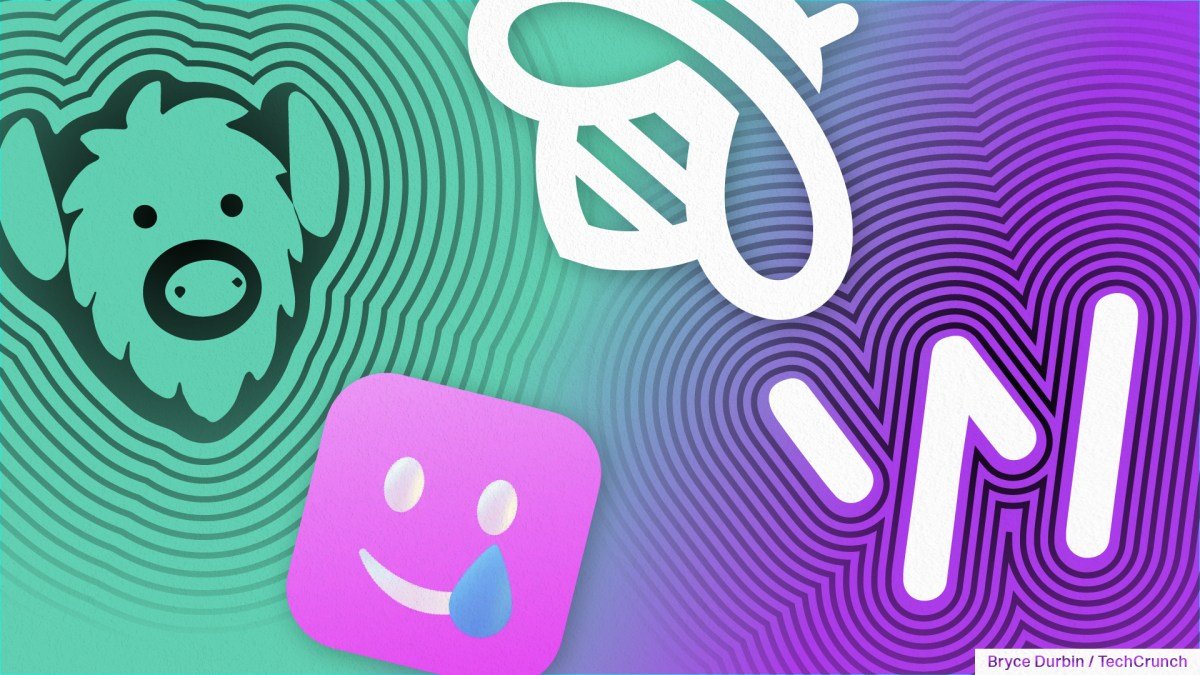The world of anonymous social apps is facing a reckoning, once again. University of North Carolina (UNC) System President Peter Hans recently announced a plan to block popular apps such as Yik Yak, Fizz, Whisper, and Sidechat on campus. This ban would affect all 16 universities and one public residential high school in the UNC system, including notable institutions like UNC Chapel Hill, NCSU, and UNC Charlotte.
“These small, hyper-local platforms have shown a reckless disregard for the wellbeing of young people and outright indifference to bullying and bad behavior,” said Hans in a letter to the UNC Board of Governors.
Hans further elaborated that these apps turn a blind eye to other issues such as sexual harassment, racial insults, and drug dealing. He believes that these apps are “the modern equivalent of scrawling cruel rumors on the bathroom wall, except now with a much larger audience.”
If you’re not familiar with these apps, you’re probably not the target demographic. They tend to attract younger users and have been notorious for promoting negative behaviors like bullying, harassment, and online abuse. As Hans colorfully puts it, these apps are not conducive to creating a public square worthy of a public university.
“We used to prescribe opium to children… and we stopped when it became clear that we were doing terrible harm,” Hans shared, referencing a public lecture by NYU social psychologist Jonathan Haidt. “I think we’re approaching a similar moment of clarity when it comes to the digital meds freely dispensed to them for the last fifteen years.”
-
Yik Yak, which was popular in 2014, had to shut off access for U.S. middle and high school students due to bullying and threats of violence. It eventually closed down for good in 2017 after its co-founders joined Square (now Block) through an acquisition.
-
However, in 2021, a new app under the same name and branding surfaced, indicating the persistence of this “cockroach category” in social media.
But the trend of standalone anonymous social apps aimed at consumers is not sustainable. They often become a haven for toxic content, leading to their demise through consumer backlash, app store bans, lawsuits, or even campus-wide bans like the one that impacted the earlier version of Yik Yak.
With UNC taking steps to ban the apps from its network, it could spell the beginning of the end for this current batch. There have already been turf wars and consolidation among the apps, with Sidechat acquiring Yik Yak last year.
While this ban doesn’t prevent students from accessing the apps through other networks or cellular plans, it serves as a warning against their risky behaviors. Hans hopes that it will prompt deeper reflection on how students spend their time, engage with their peers, and cultivate a positive online environment.
The four anonymous social apps mentioned by Hans have not yet been banned from UNC campuses, but he has tasked the legal and IT teams to develop a plan to block them from the UNC System infrastructure.
Contact information for the companies was left unresponsive. Attempts to reach Fizz through a previous PR representative also failed. However, these apps have gained a small foothold among younger users, with Yik Yak being the largest of the group with over 3.5 million iOS installs since 2021. Sidechat has approximately 334,700 iOS installs, Whisper has 761,044 Android installs, and Fizz has 583,318 iOS installs.
Some universities have already taken notice of these apps, with Harvard reaching out to Sidechat earlier this year due to complaints of anti-semitic posts. Florida State University and Florida A&M have also included Fizz in their bans alongside other apps such as TikTok and WeChat. It’s clear that these apps are raising concerns among educational institutions.
The UNC ban may only be a small step, but Hans believes it could spark a larger conversation about our relationship with technology and our ability to make different choices. As UNC President Hans said, “we’re approaching a similar moment of clarity” when it comes to these anonymous social apps. It’s up to us to make the right choices and create a positive online environment for our young people.
Author Bio: Sarah Perez is reachable at sarahp@techcrunch.com or @sarahperez.01 / 415.234.3994 on Signal.








